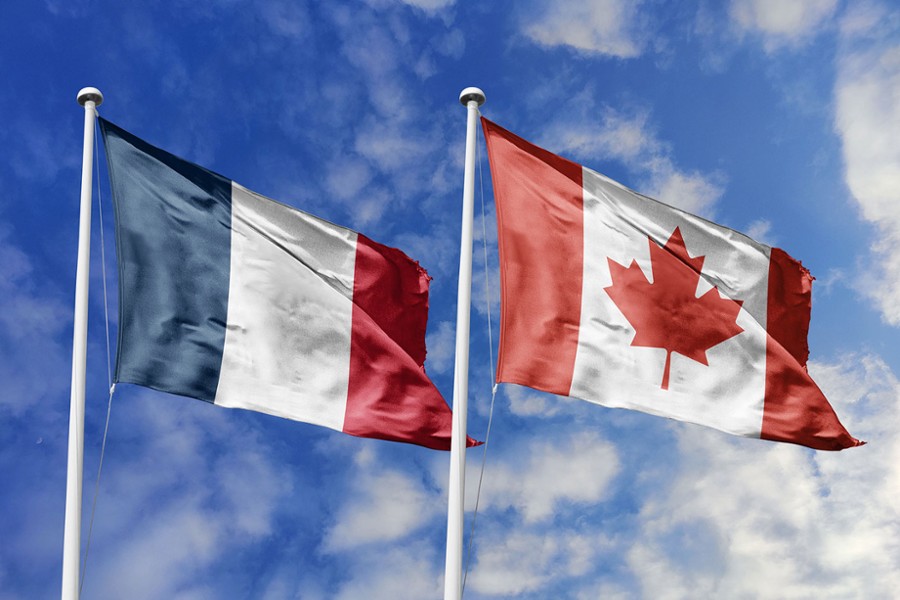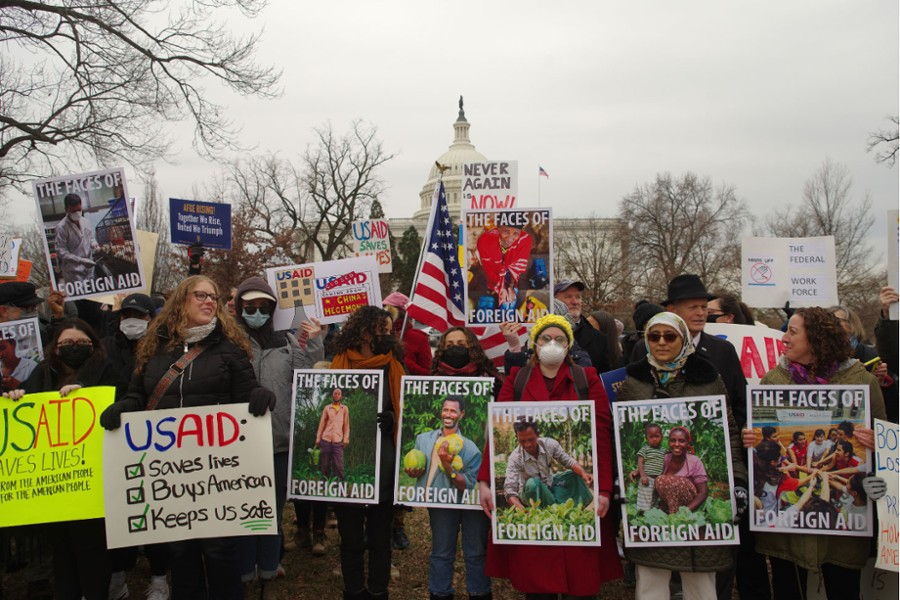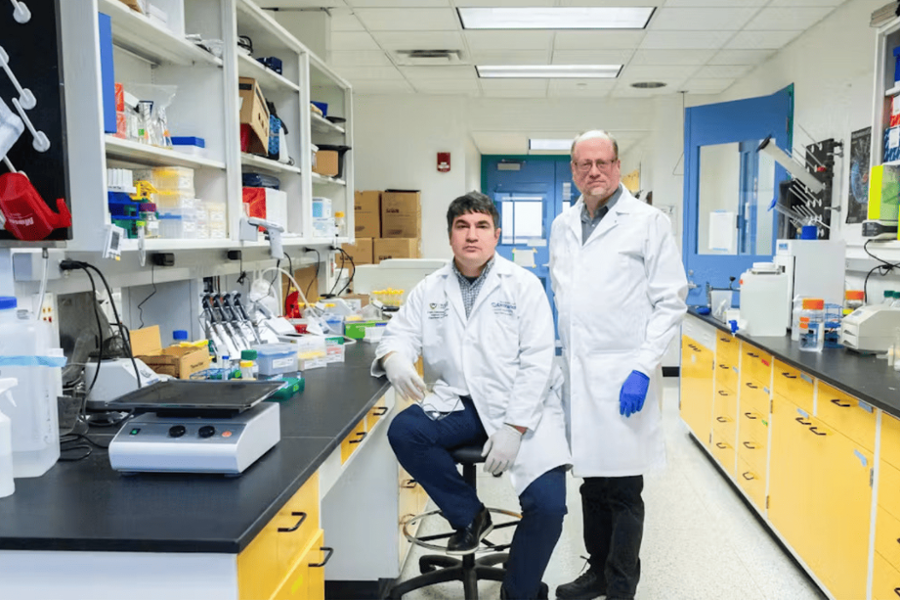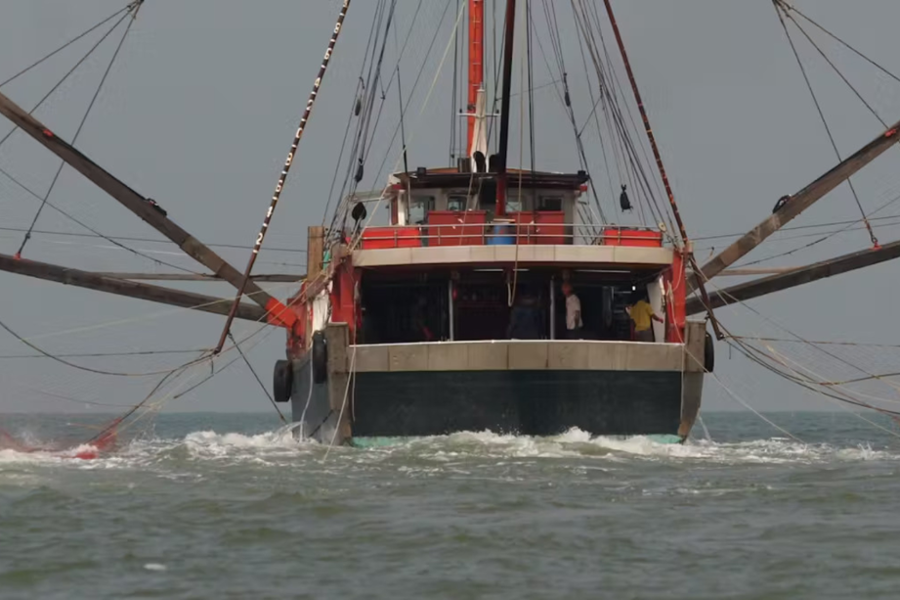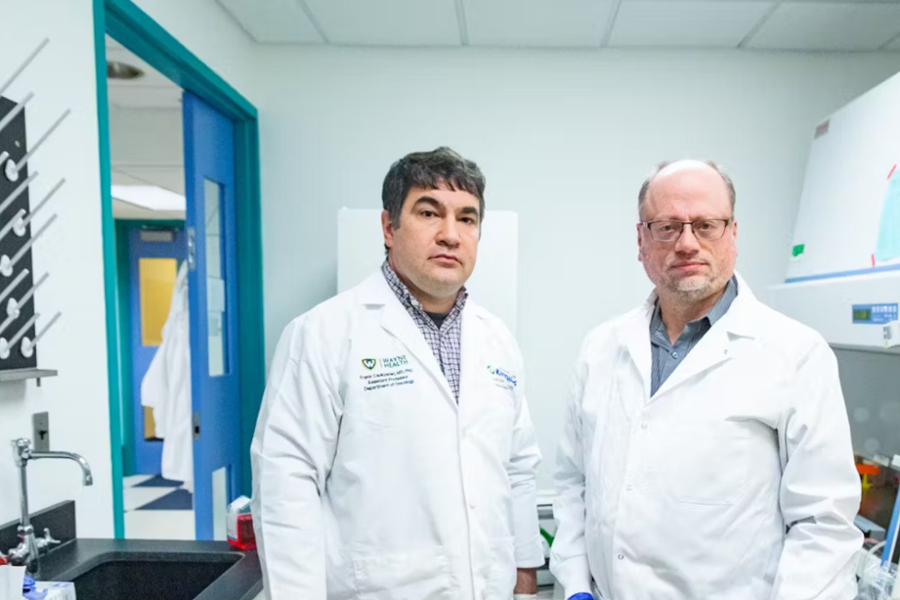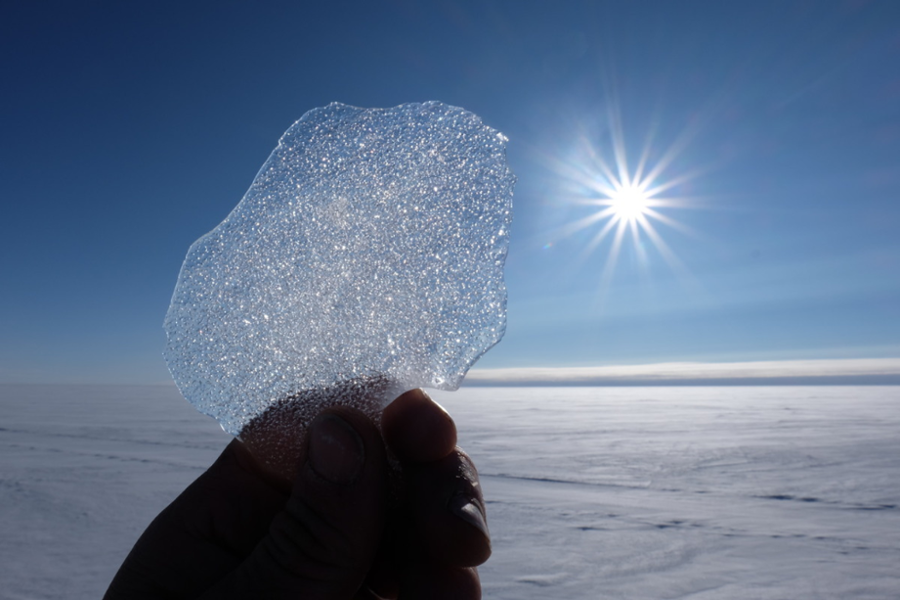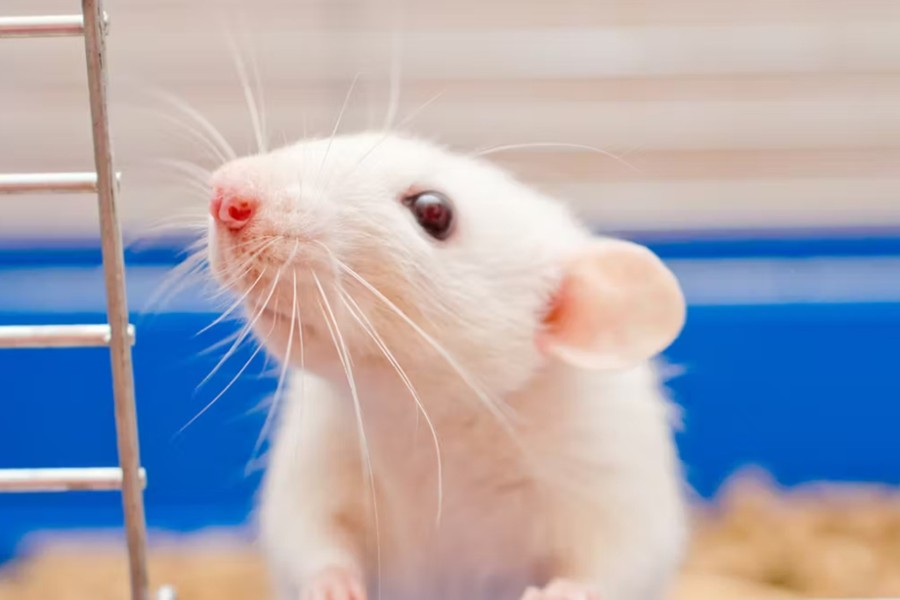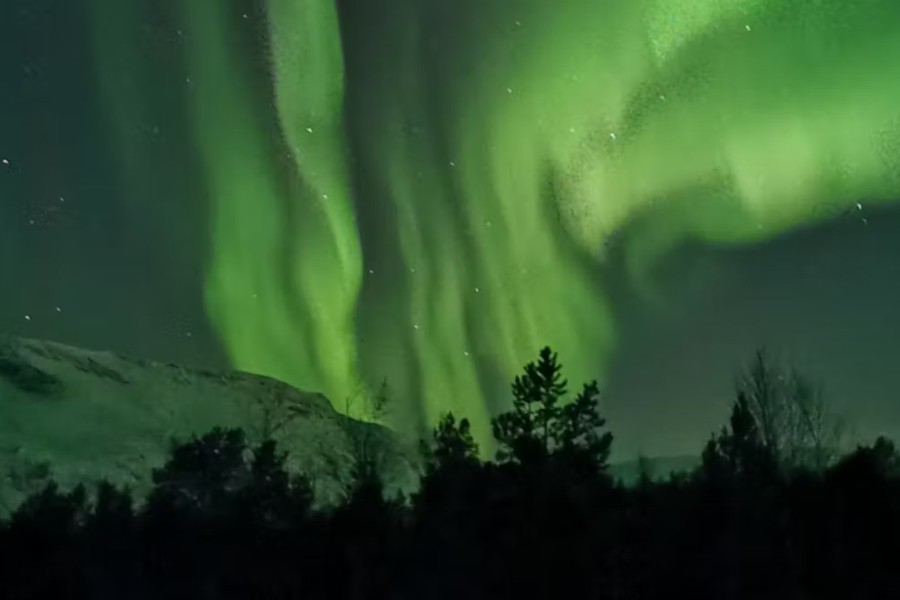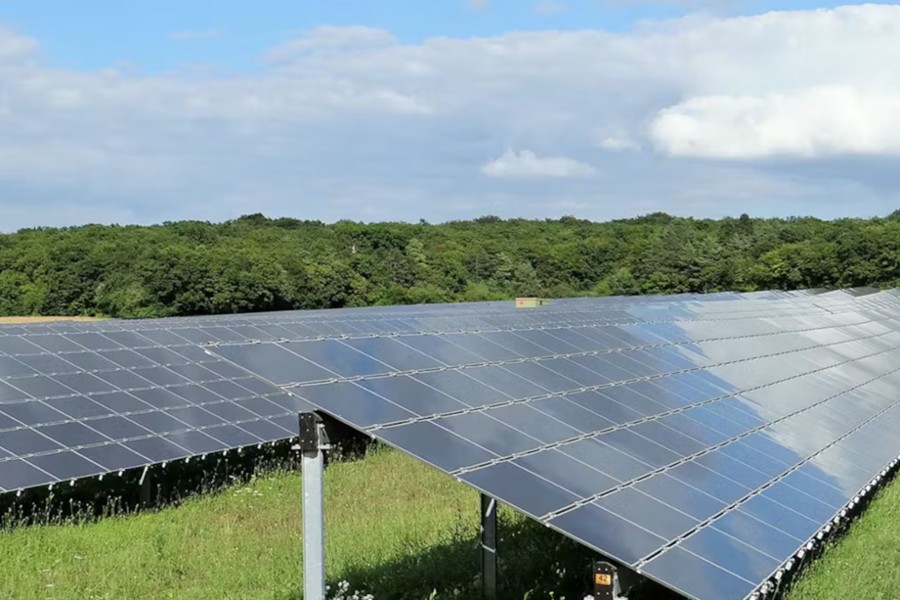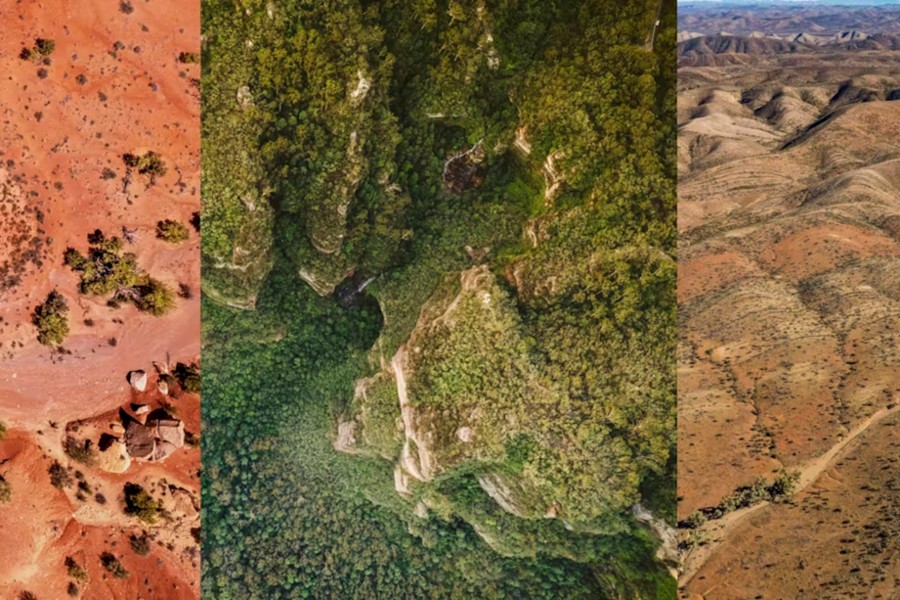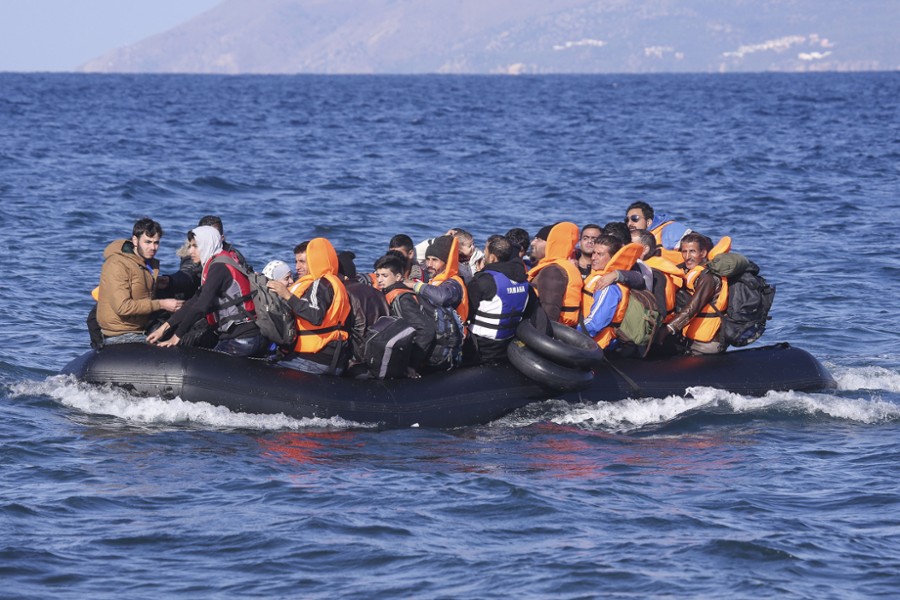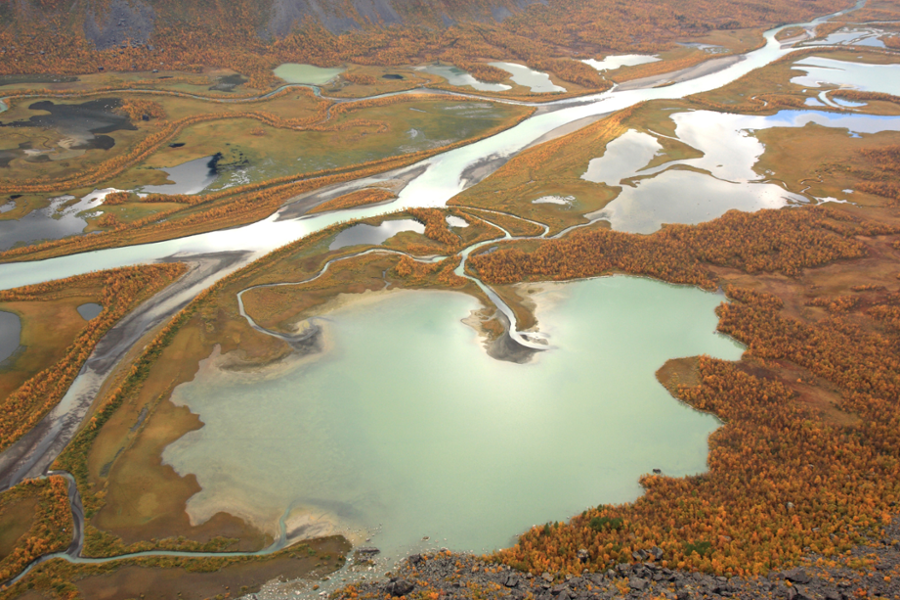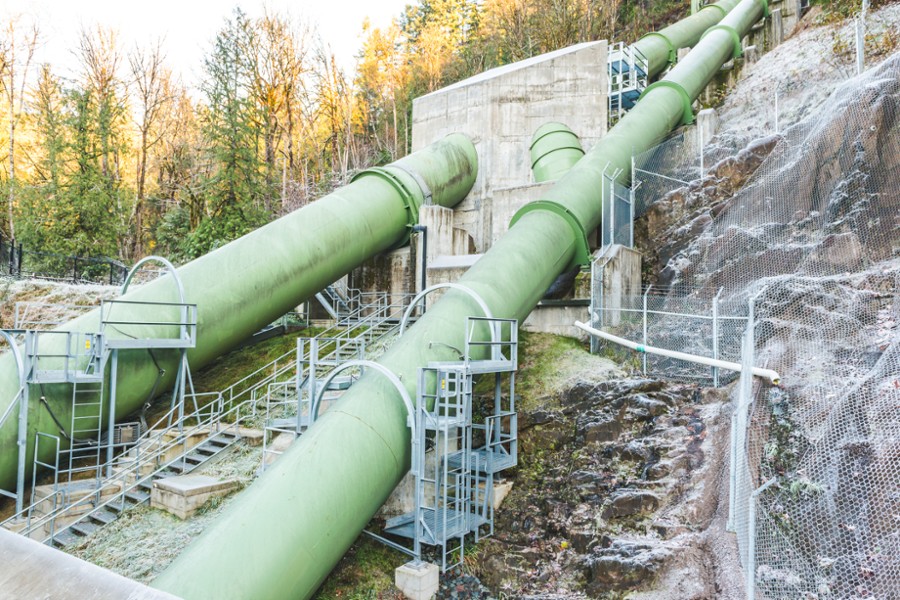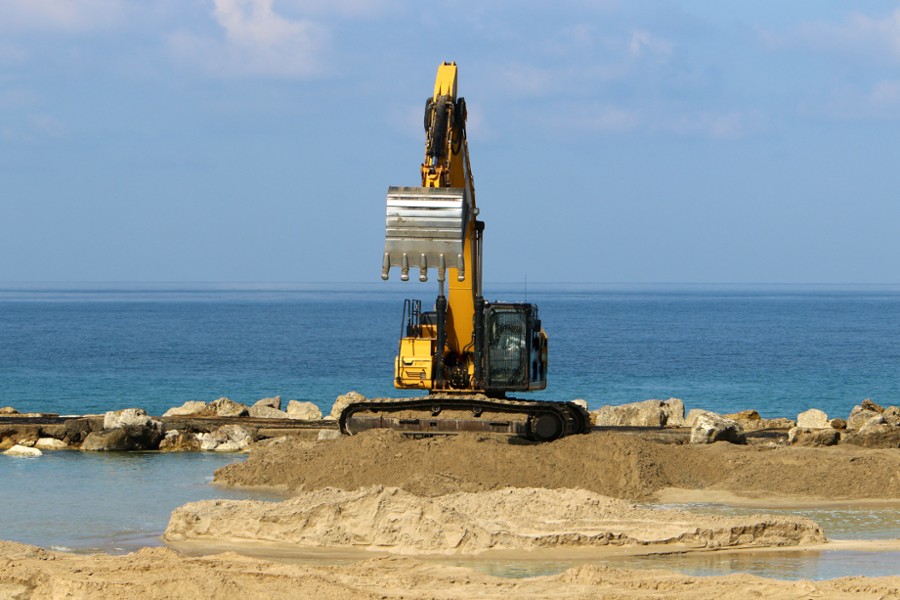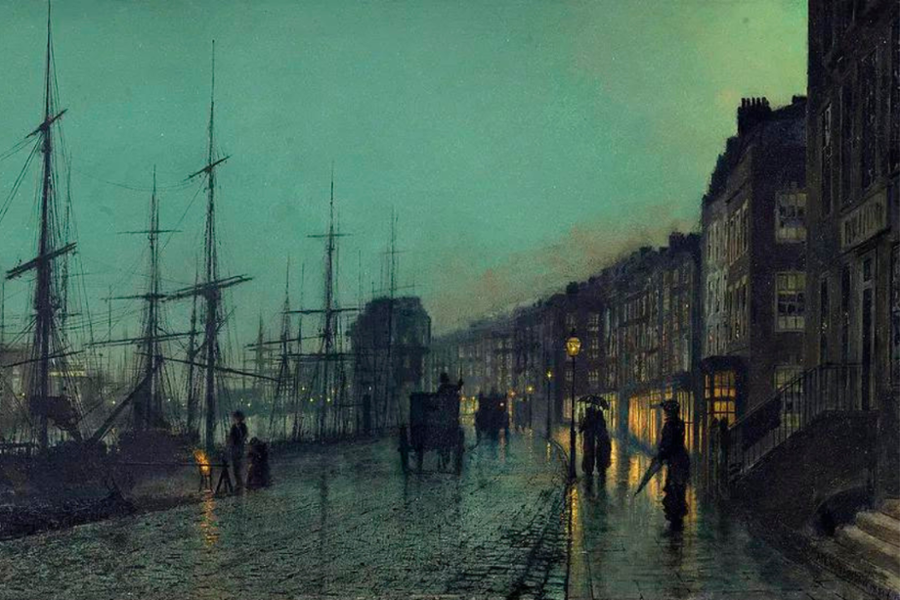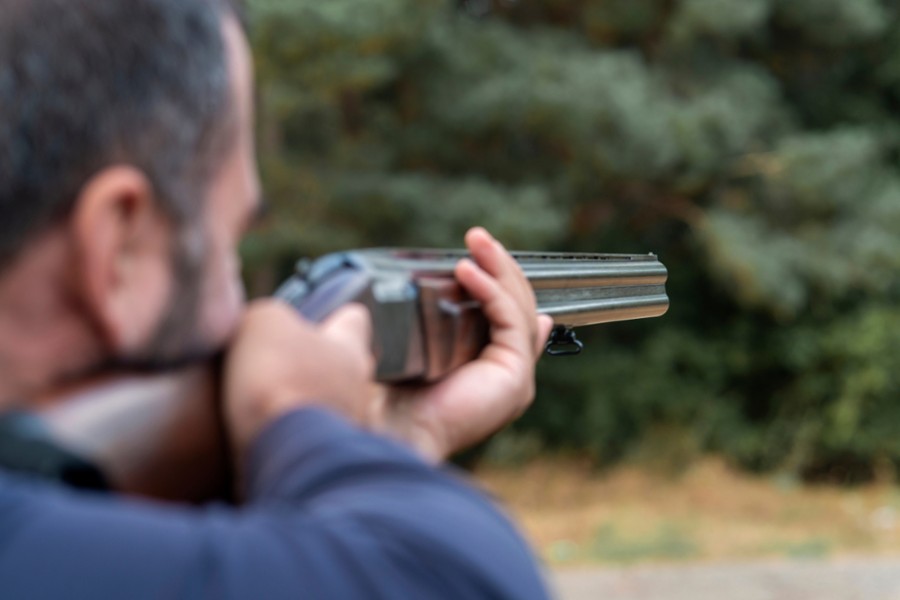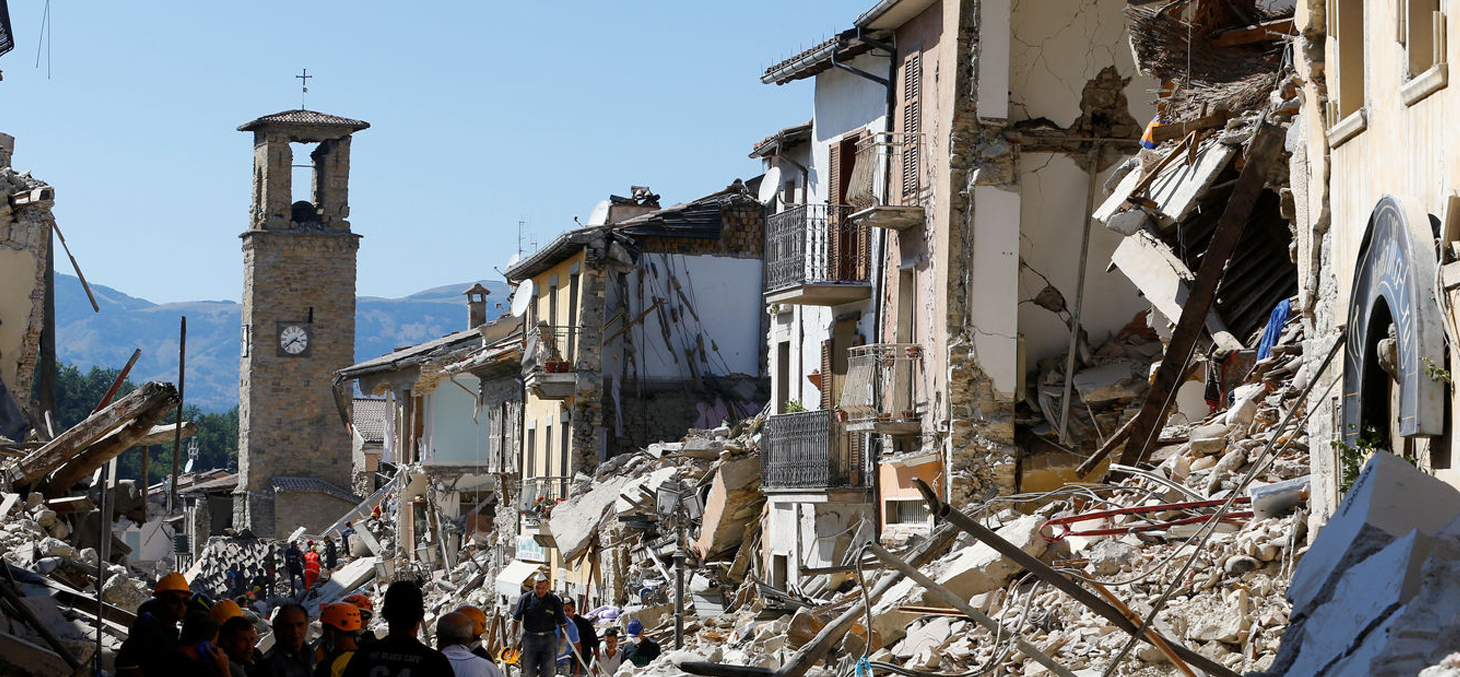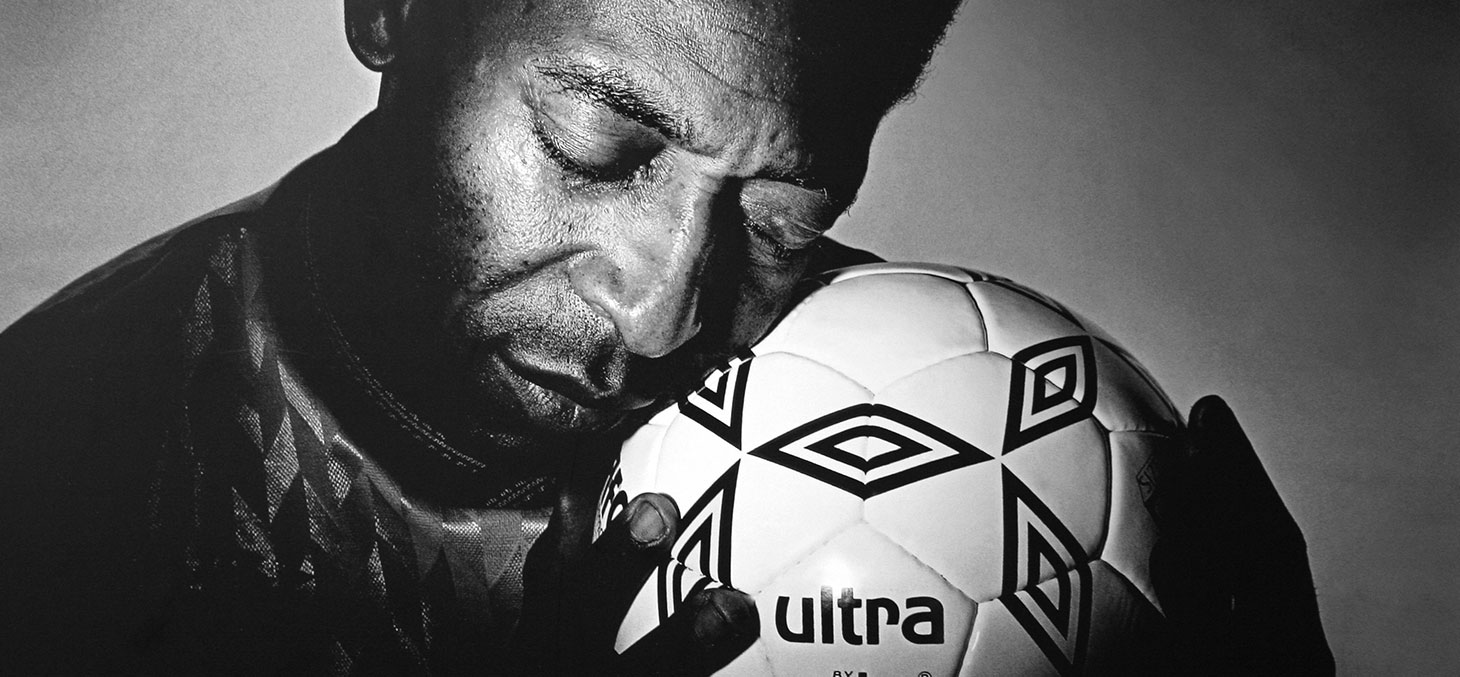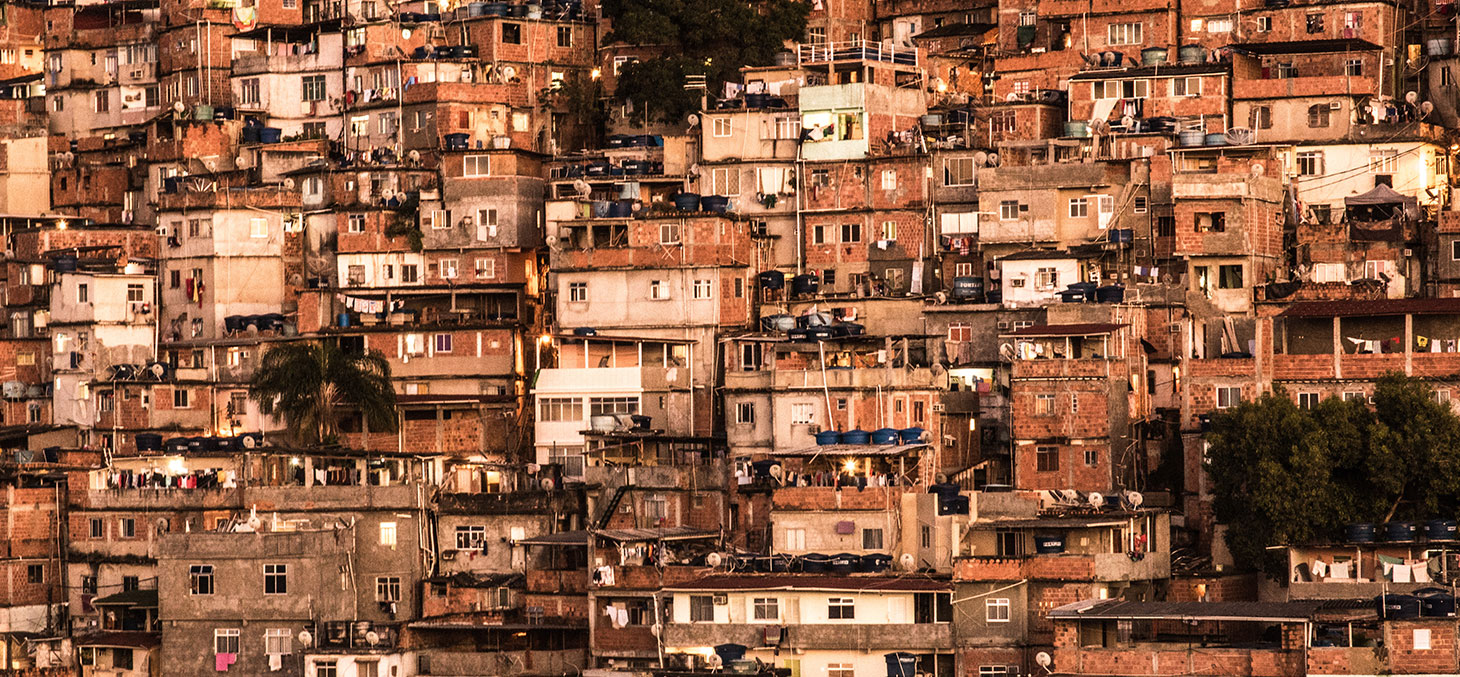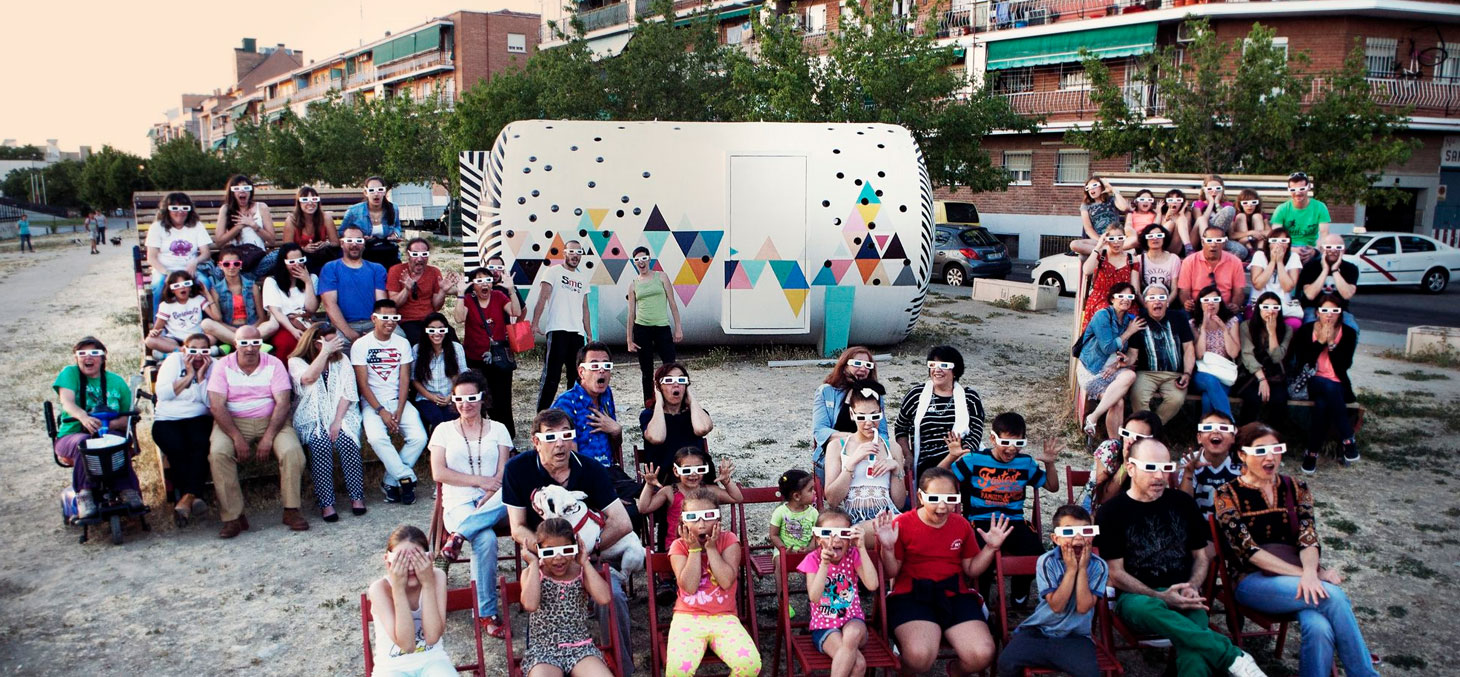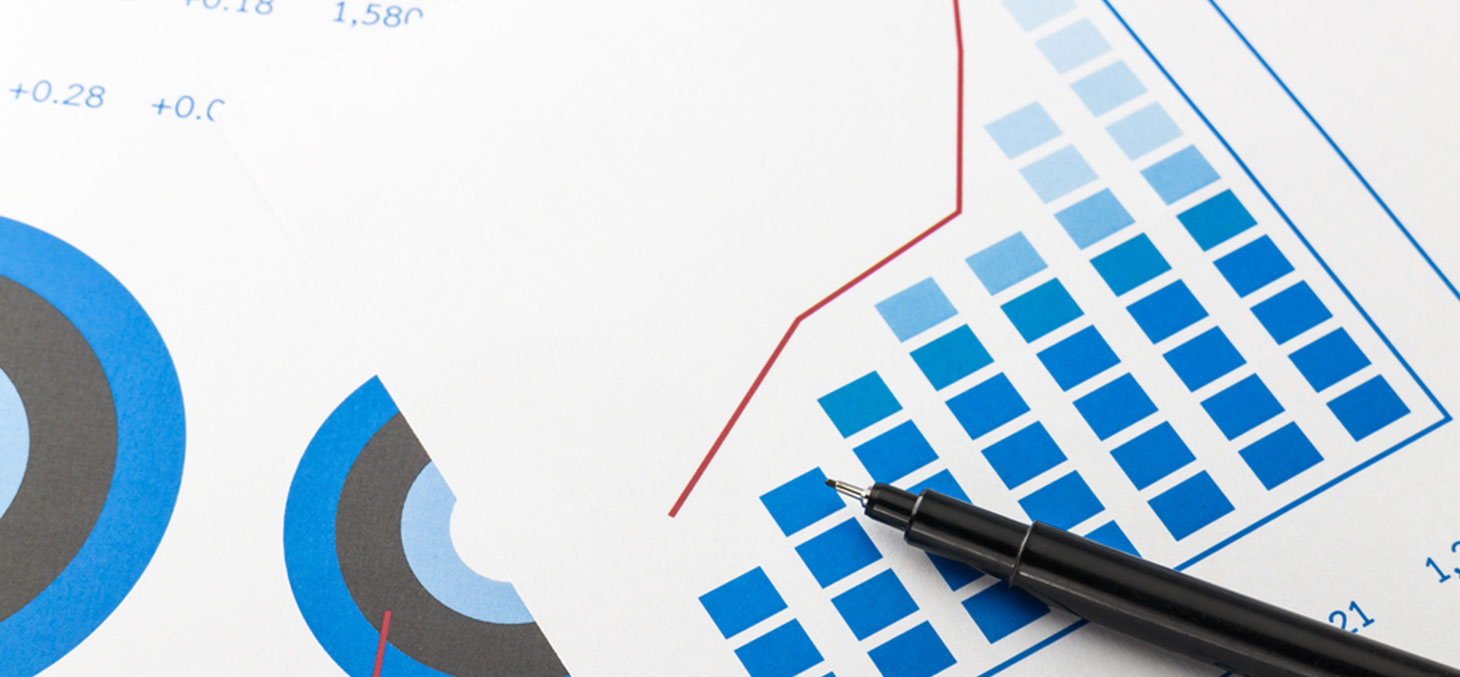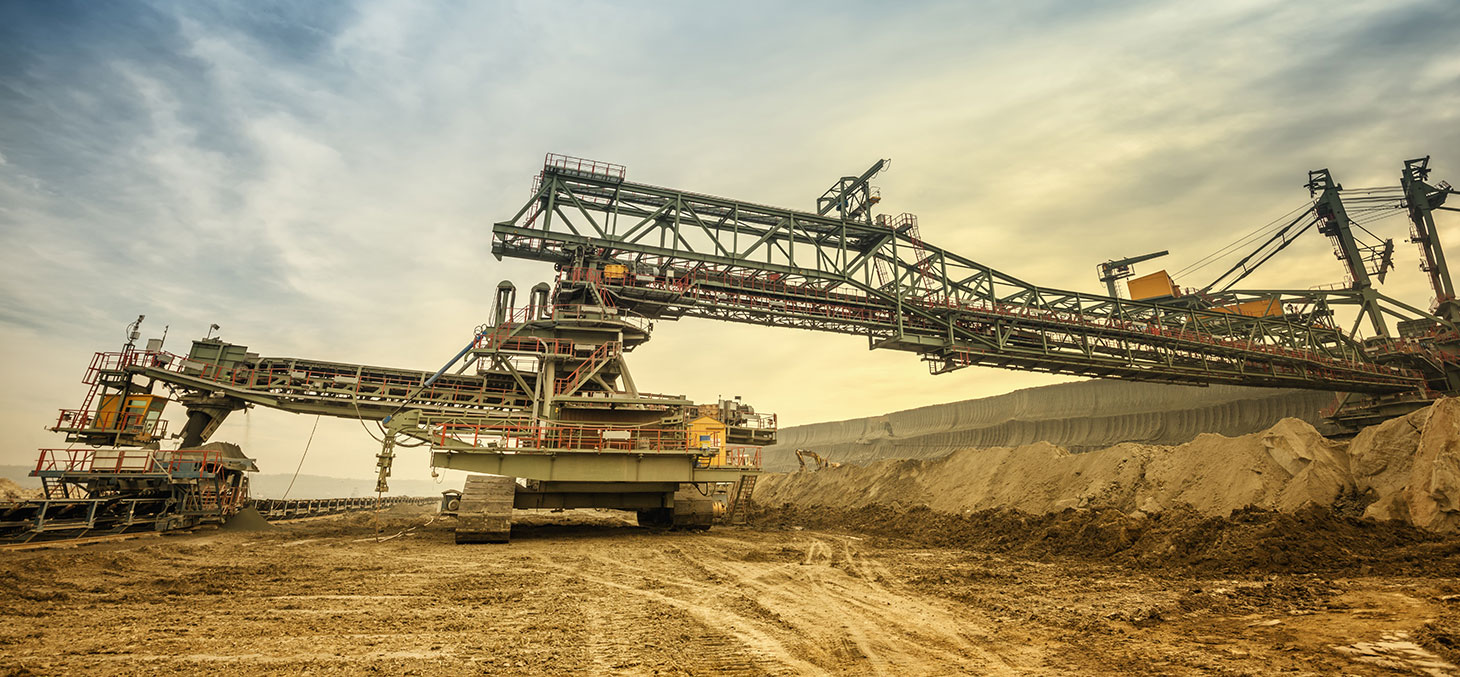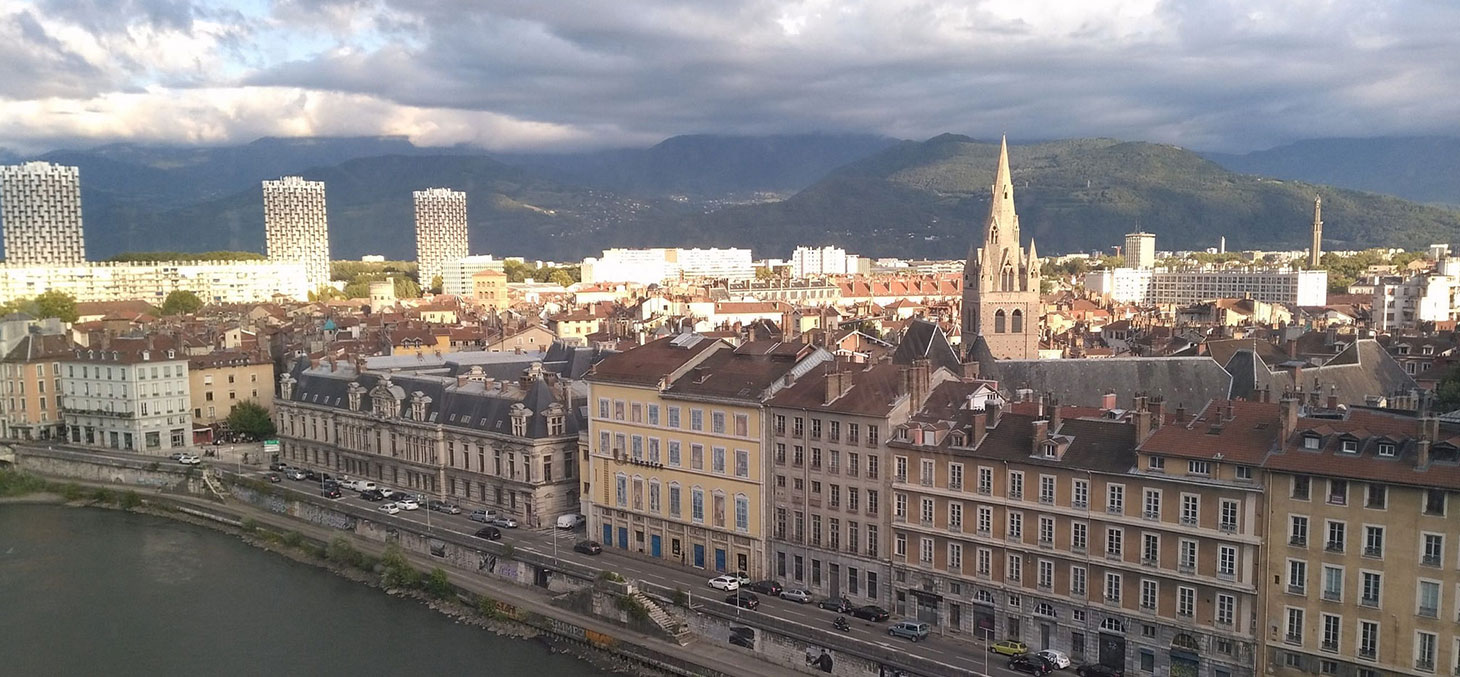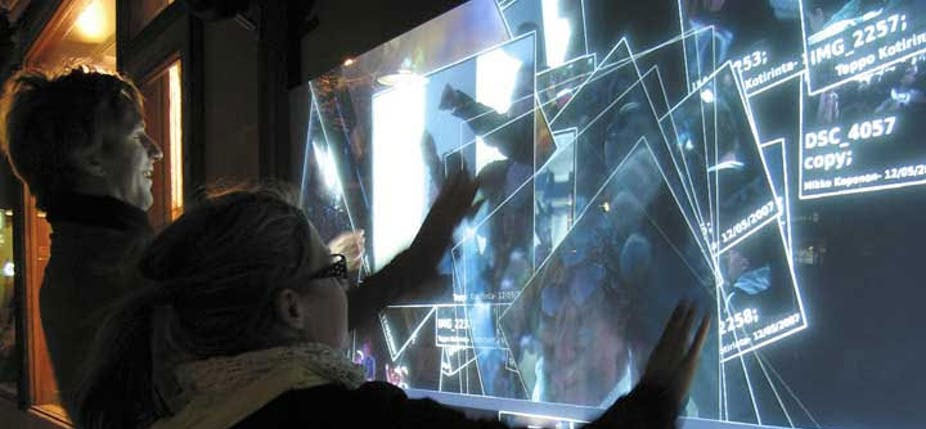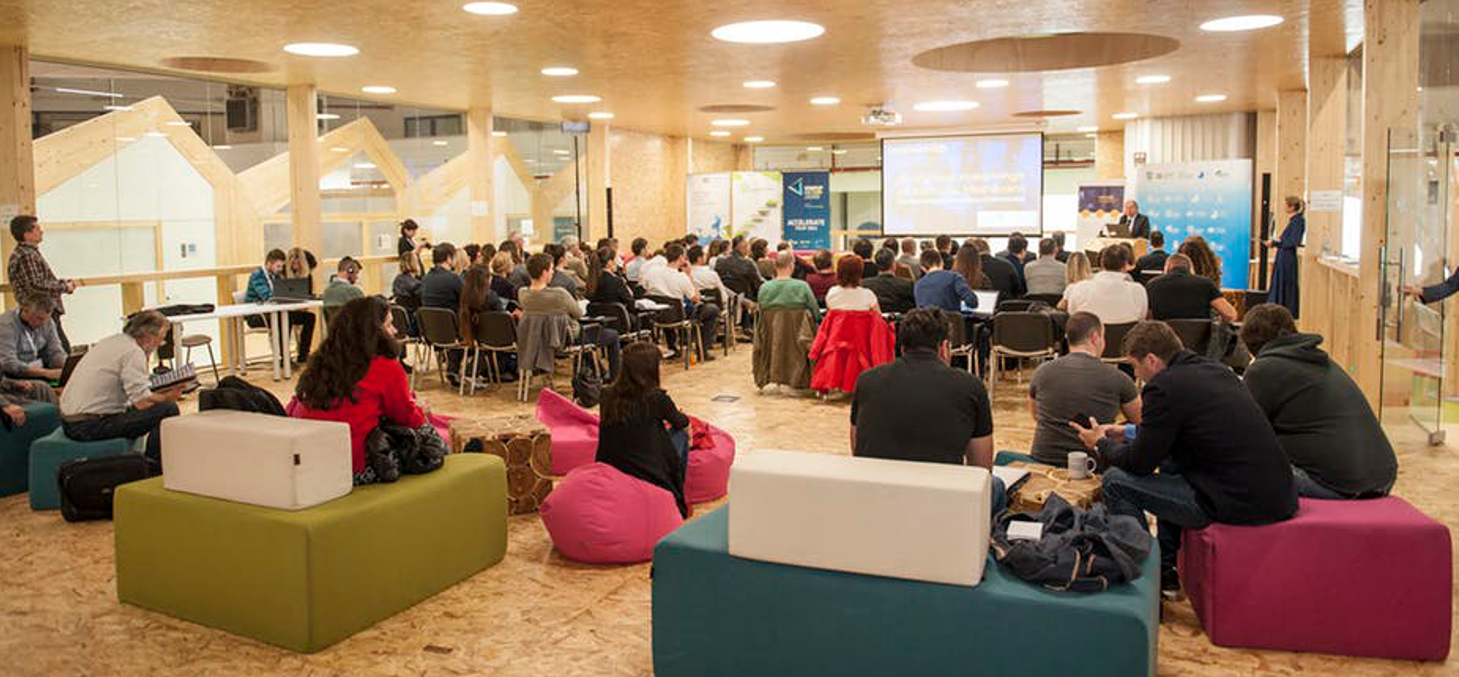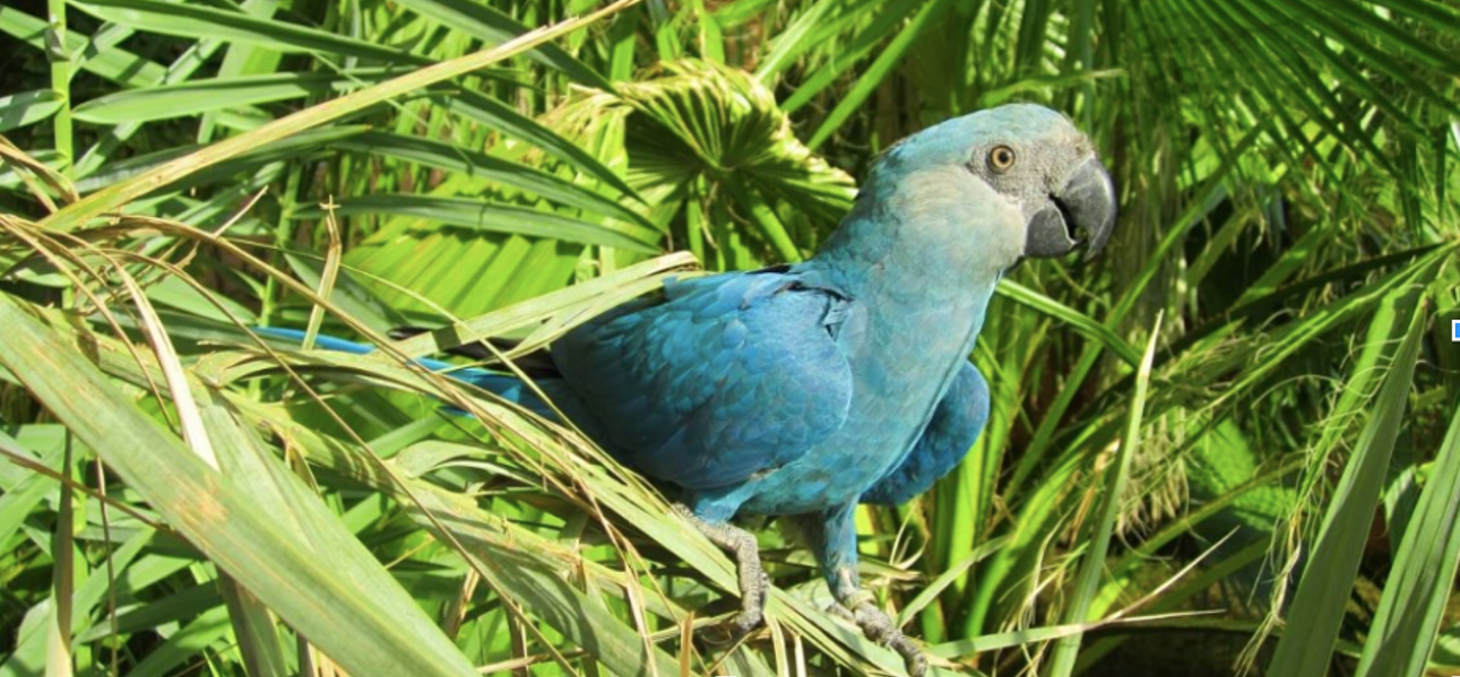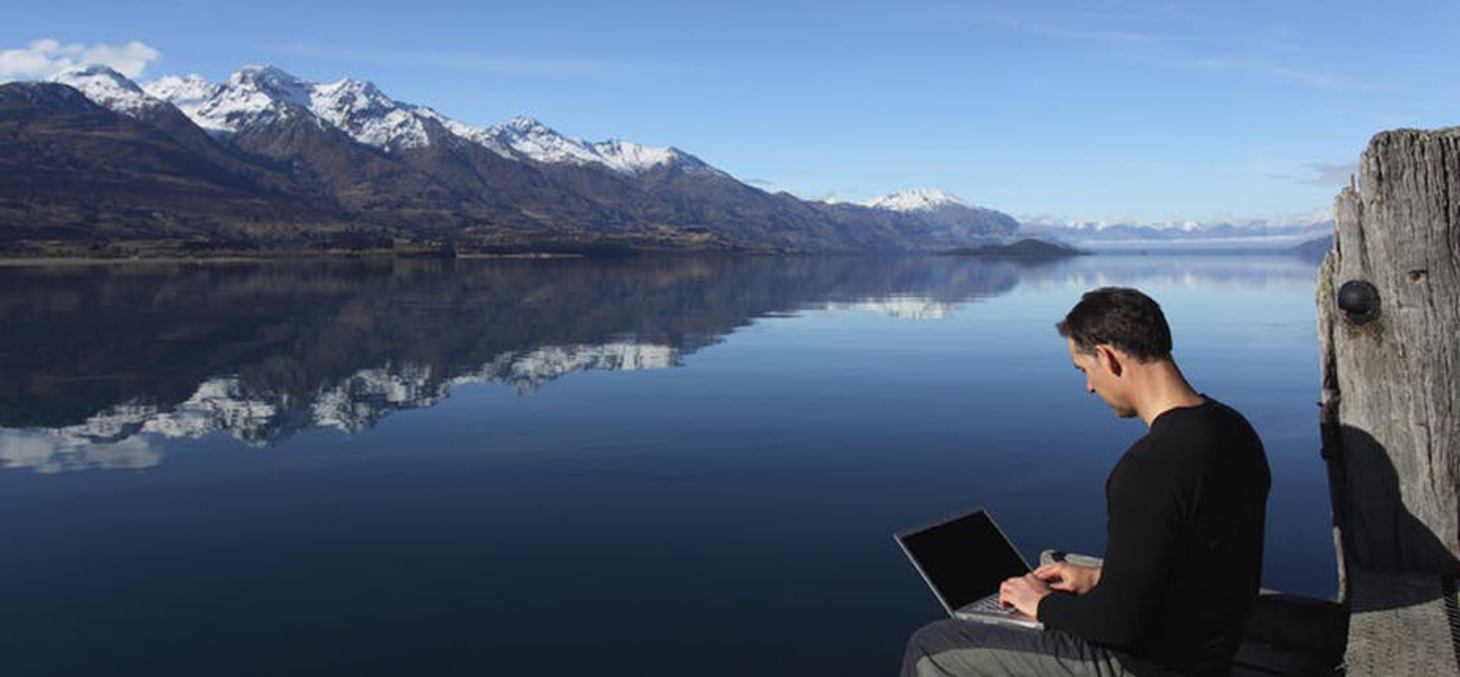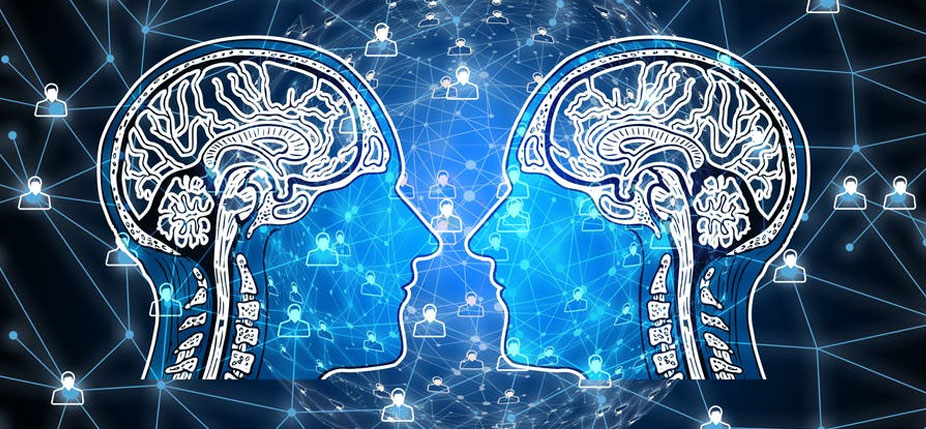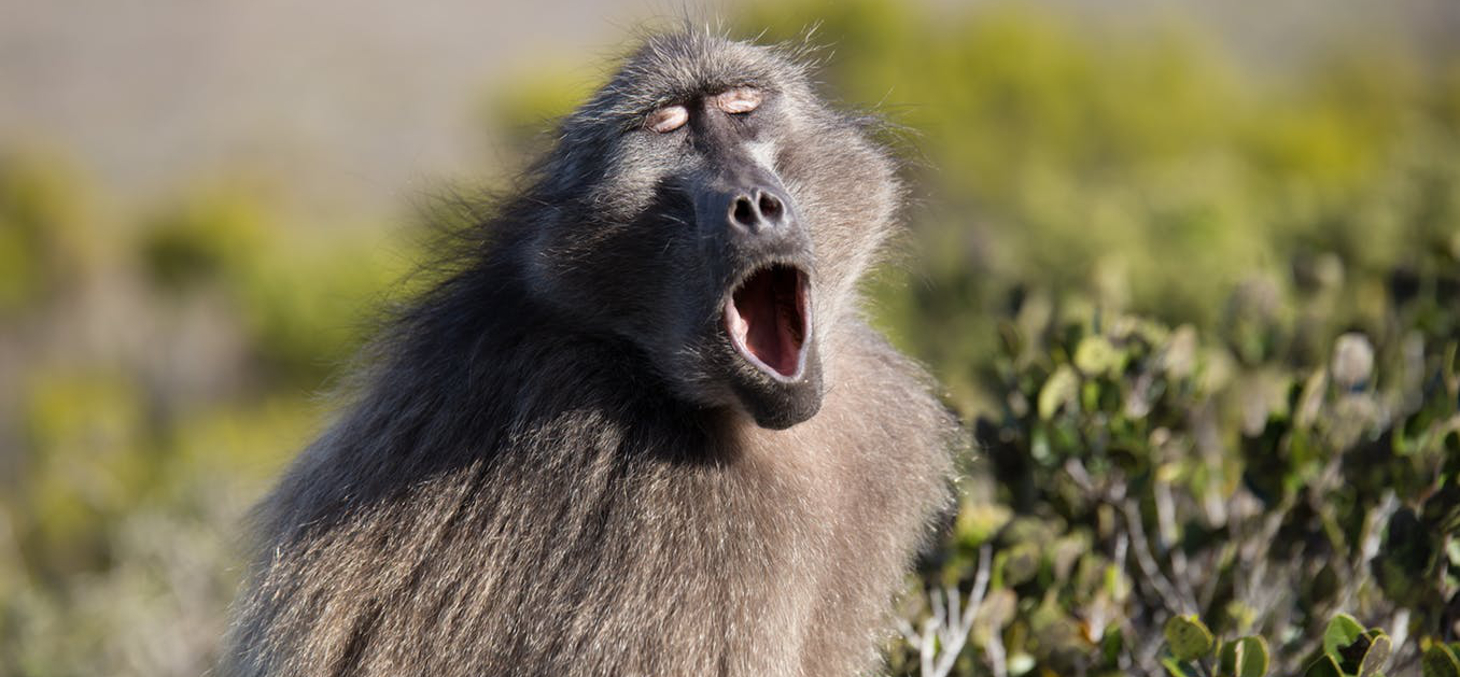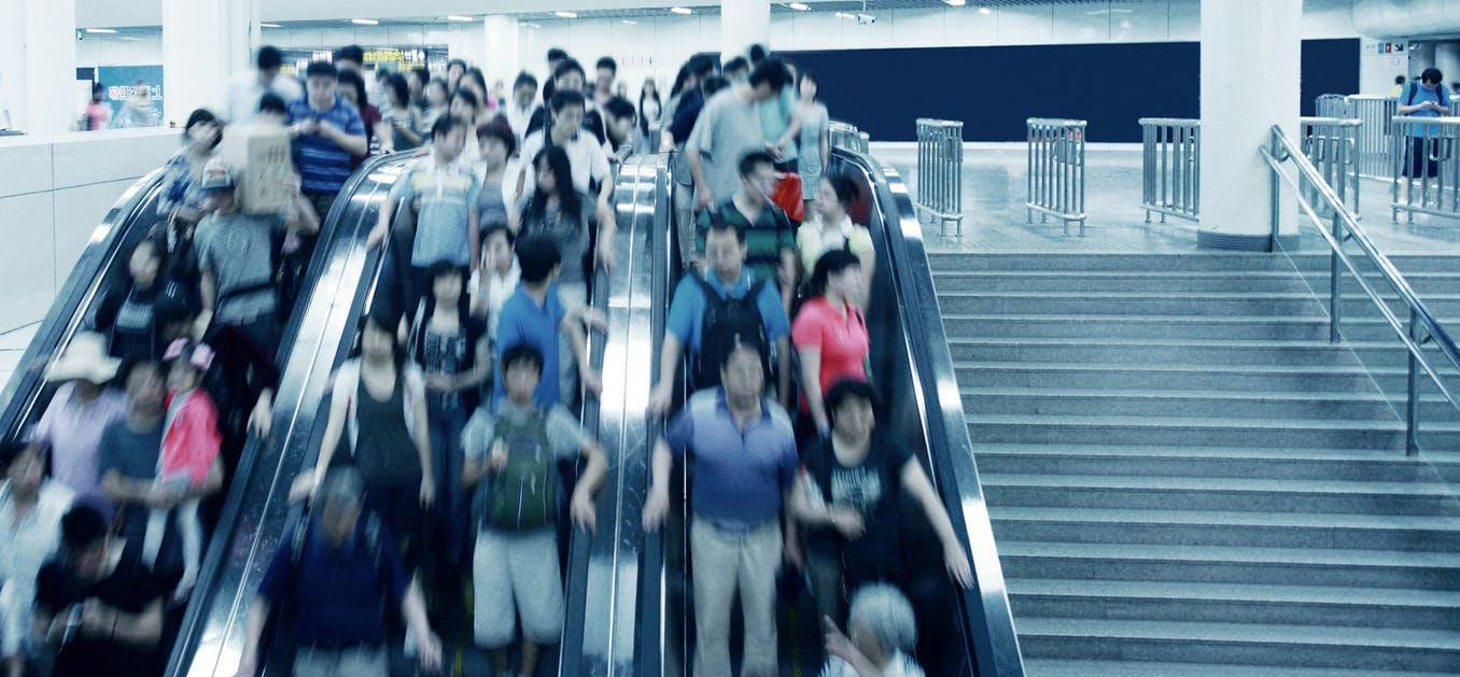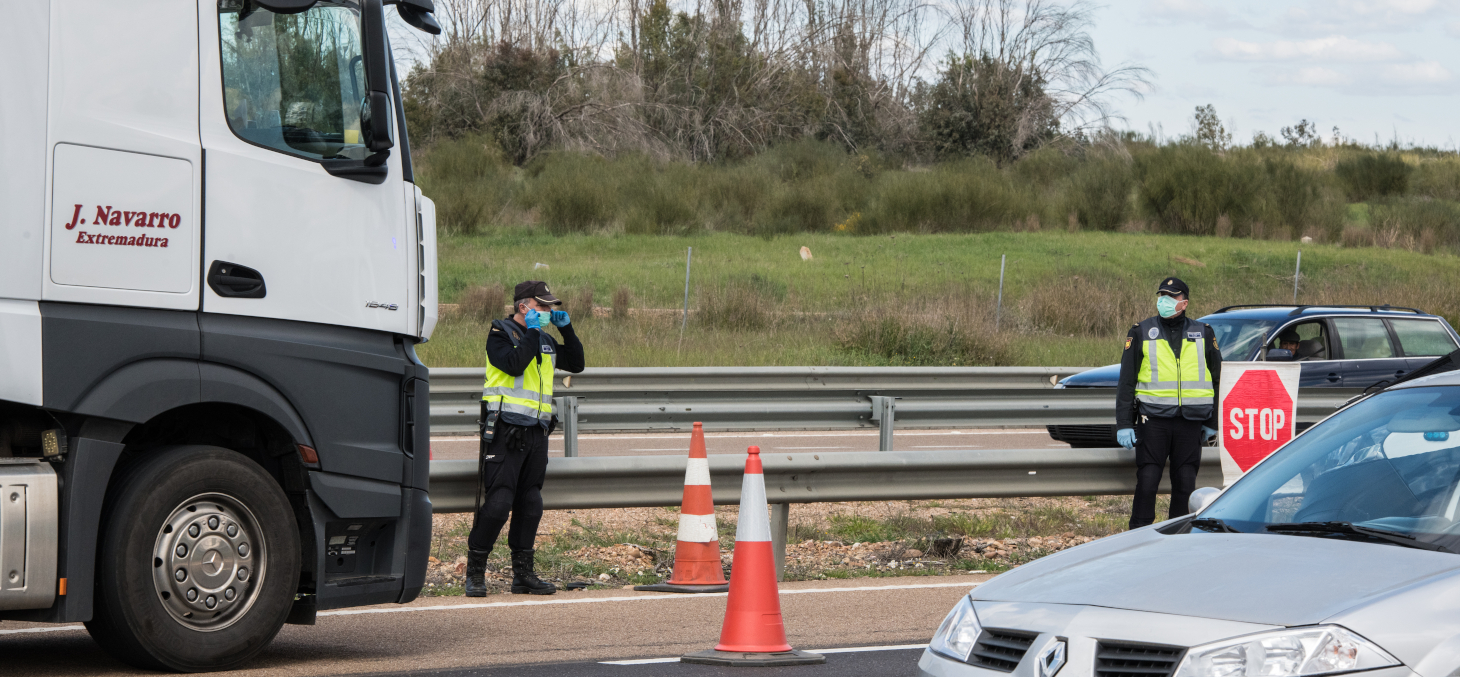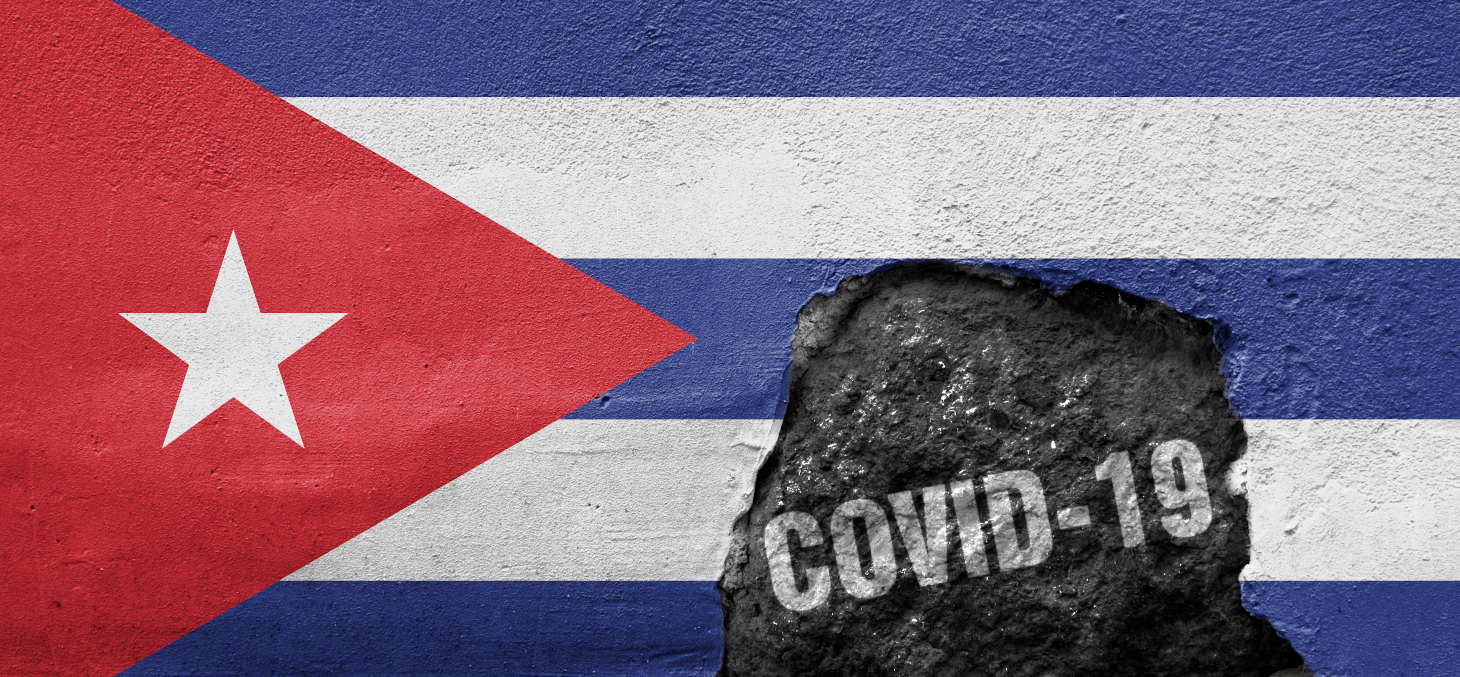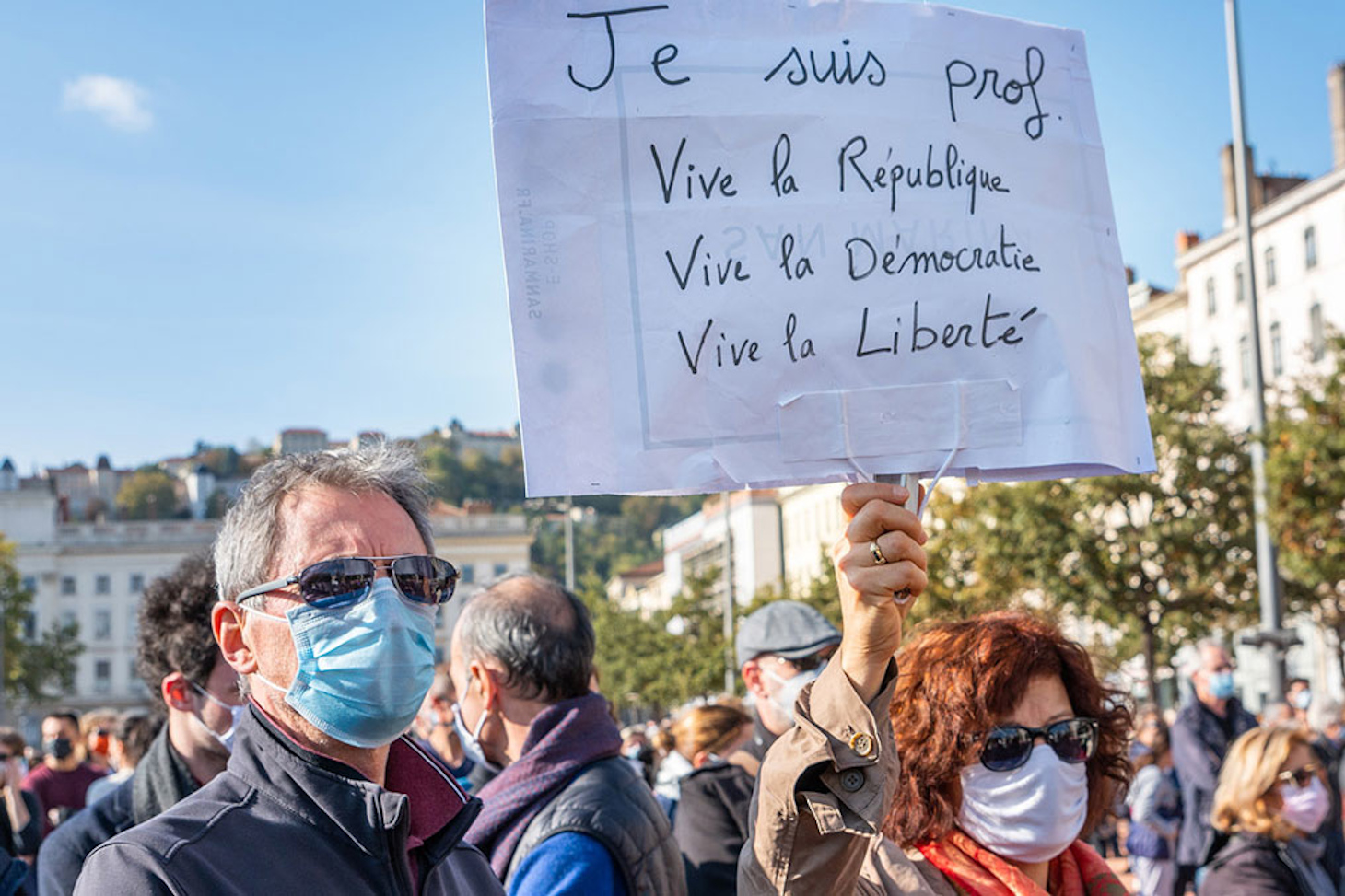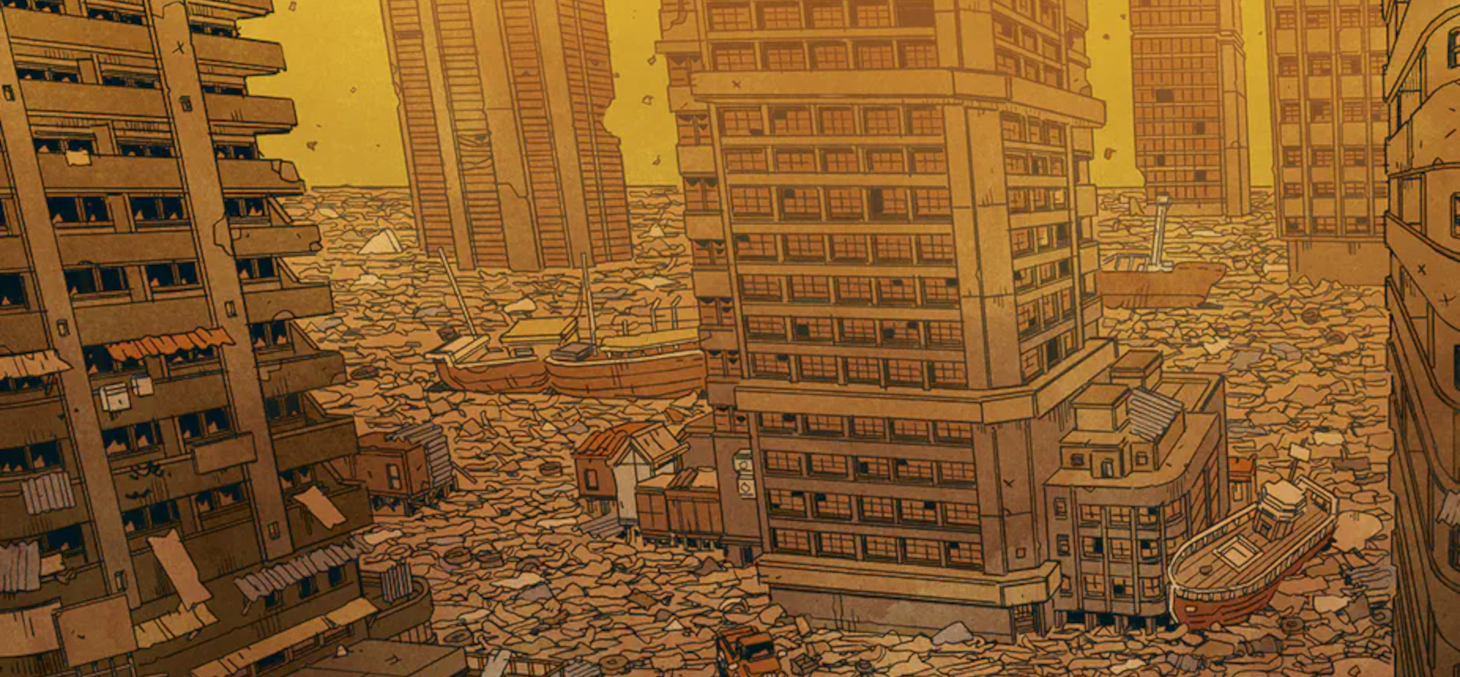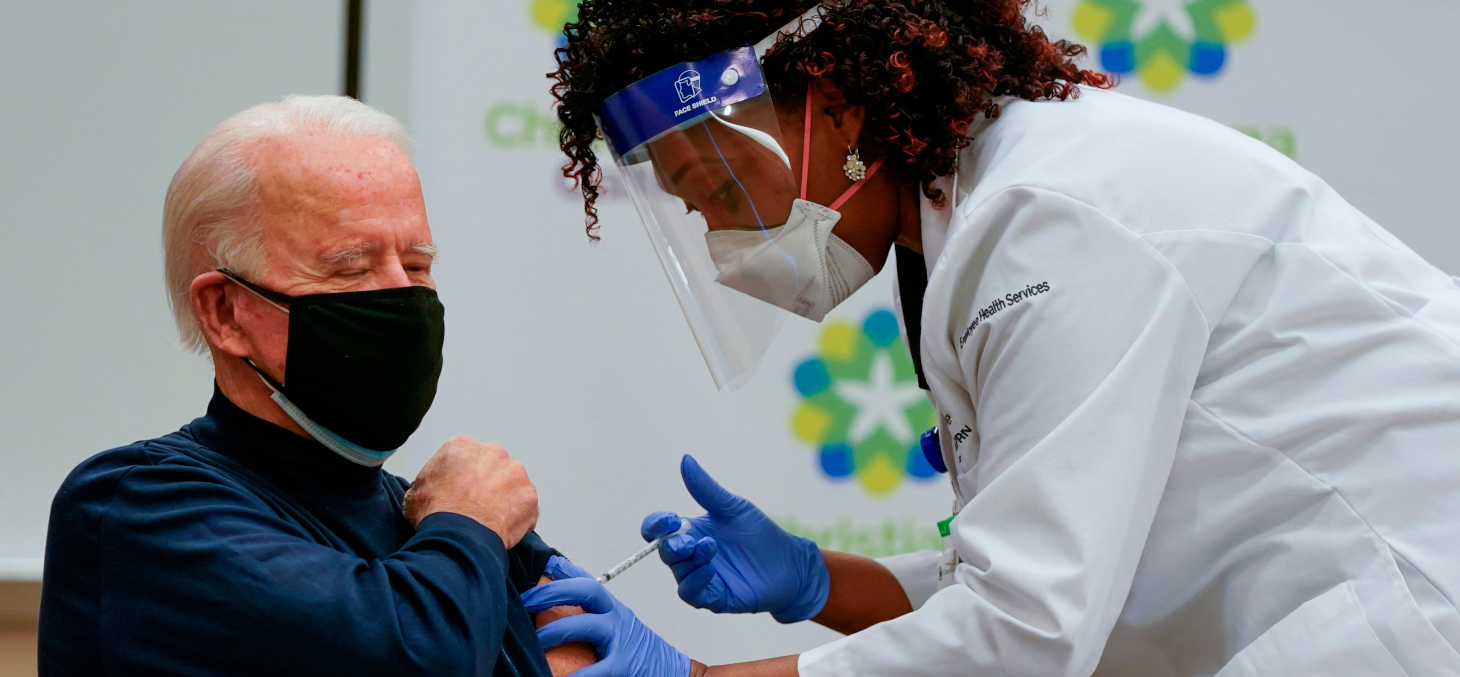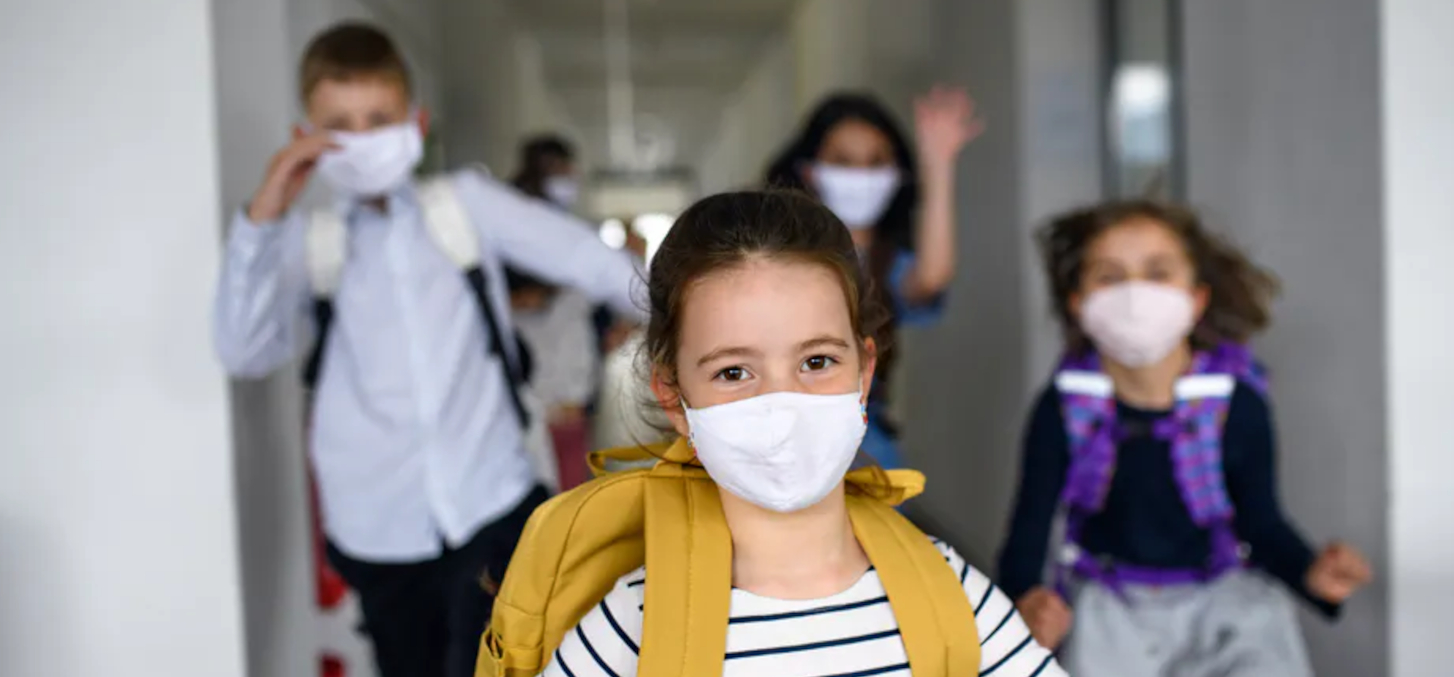- About
- Ambition and strategy
- Societal and environmental commitments
- Ecological transition
- Equality and the fight against discrimination
- Biodiversity
- Responsible training and research
- Sustainable public procurement
- Green Digital Policy
- Ending sexual and gender-based violence (SGBV)
- UGA in numbers
- Leadership
- Organization
- The Initiative of excellence
- Our campuses
- History
- Careers
- Education
- Why choose UGA
- Programs
- How to apply
- Financing your stay
- Prepare your stay
- Special status
- Innovative educational tools
- Graduate school
- Career center
- Life in Grenoble
- Research
- Ambition, strategy, partners
- Research strategy and ambition
- Research partners
- National research bodies
- The French National Centre for Scientific Research (CNRS)
- The French National Institute of Health and Medical Research (Inserm)
- Inria centre at the University Grenoble Alpes
- The French Alternative Energies and Atomic Energy Commission (CEA)
- The French National Research Institute for Agriculture, Food and Environment (Inrae)
- The French National Research Institute for Sustainable Development (IRD)
- The Grenoble Alpes University Hospital (CHU)
- The University Hospital (CHU)
- National research bodies
- Highlights
- Major projects
- Boosting your research
- Research facilities
- Research organization
- International laboratories and networks
- Innovation and technology transfer
- Graduate school
- Join our teams
- Ambition, strategy, partners
- Campus
- Collaborations
- Ecosystem

